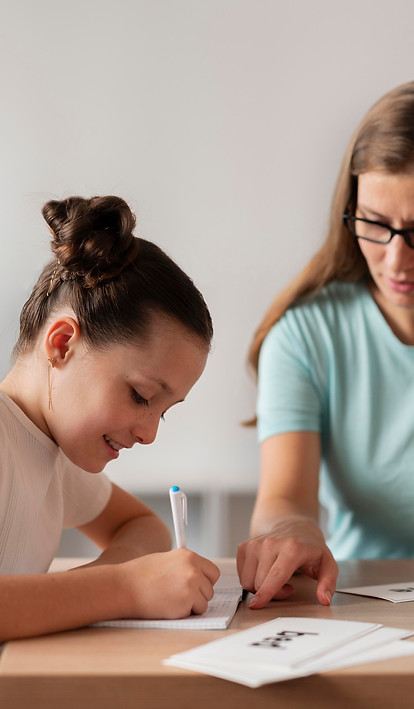Disorder in Children
Attention Deficit Disorder & Attention Deficit Hyperactivity



Recognizing Signs & Symptoms
An evaluation by a trained professional is critical to receiving an accurate diagnosis, but symptoms of ADD/ADHD may include:
-
Failure to listen to instructions
-
Inability to organize oneself and school work
-
Difficulty sitting still or saying seating in situations in which it’s expected
-
Running around/climbing during situations in which it’s inappropriate
-
Fidgeting with hands and feet
-
Poor impulse control
-
Having trouble waiting his/her turn
-
Talking too much or interrupting others
-
Leaving projects, chores, and homework unfinished
-
Having trouble paying attention to and responding to details
Getting Help
Treatment for ADD/ADHD often involves a combination of medication and therapy. While medication can be an invaluable tool in managing the symptoms of ADD/ADHD, most experts agree that treatment should not be limited to the use of medication alone. Therapy is critical to helping children manage their symptoms, develop coping tools that will give them structure, help them focus, and be successful both in school and at home. Treatment is most effective when parents, family, and educators are involved, and may also include parent education, behavioral therapy, plans for classroom management, or additional tutoring.